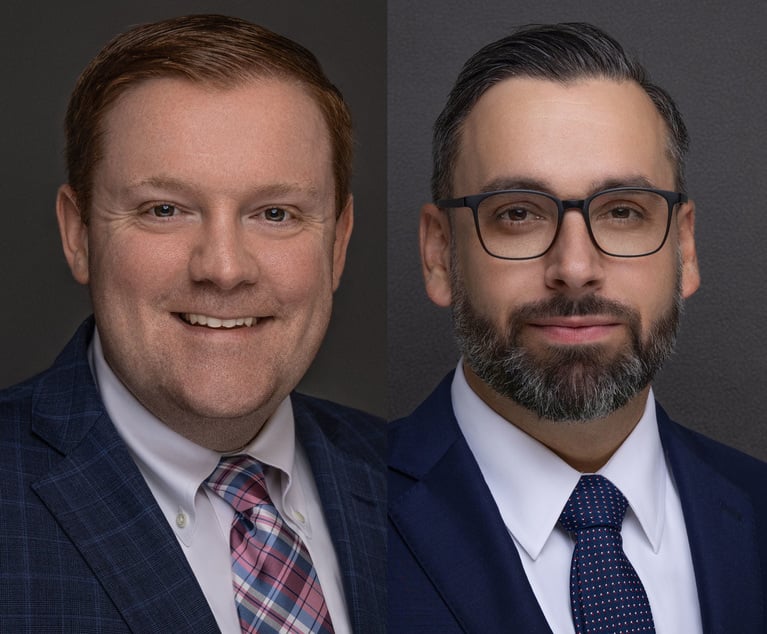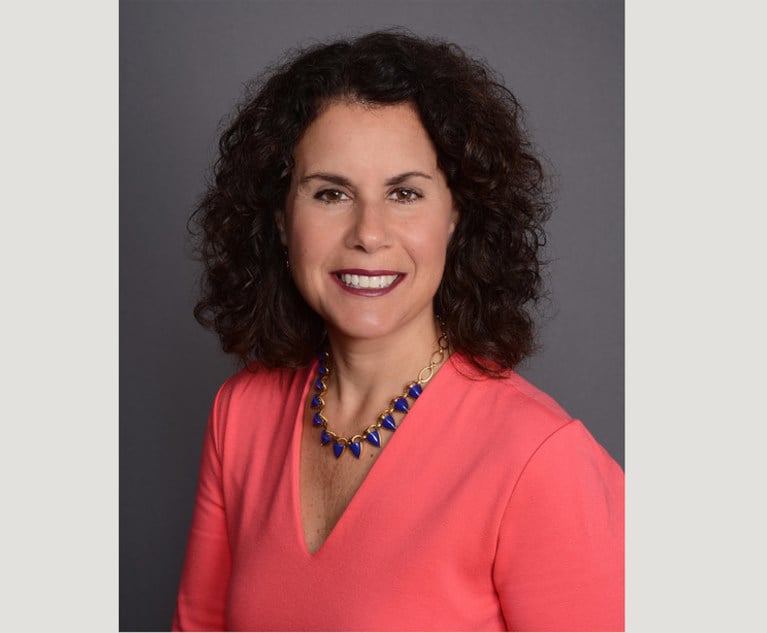In August 2023, we discussed the ongoing trend of recent cases to blur the line between public officials’ “public” and “private” digital communications and social media, focusing primarily on two 2023 Pennsylvania Commonwealth Court cases—Penncrest School District v. Cagle and Wyoming Borough v. Boyer. In these cases the courts were called upon to decide when a public official’s own social media posts are “public” and therefore subject to disclosure under the Pennsylvania Right-to-Know Law (RTKL). While release of messages or comments intended to be kept private can be embarrassing, on March 15, the U.S. Supreme Court weighed in on an issue that more directly impacts the legal interests of public officials: When does a public official’s social media activity on a personal account constitute state action under 42 U.S.C. Section 1983, subjecting the public official to liability?
Section 1983 provides a cause of action against “every person who, under color of any statute, ordinance, regulation, custom, or usage of any state” deprives someone of a civil right granted under the U.S. constitutional or federal statute. It protects against acts attributable to a state (interpreted to include local government agencies), not those of a private person. When a person associated with a state or local government agency acts in a manner that allegedly deprives someone of a federal constitutional or statutory right, the question therefore arises as to whether that act rose to the level of “state action” that triggers potential Section 1983 liability or was merely the private conduct of that individual. The line between private conduct and state action can be hard to draw, and the age of social media has only made such distinctions more difficult. The U.S. Supreme Court recently weighed in on this specific, but prolific, issue in Lindke v. Freed, No. 22-611 (Mar. 15, 2024).


 (l-r) Harlan Stone, Anna S. Jewart, and Alexandra Farone of Babst, Calland, Clements and Zomnir. Courtesy photos
(l-r) Harlan Stone, Anna S. Jewart, and Alexandra Farone of Babst, Calland, Clements and Zomnir. Courtesy photos




